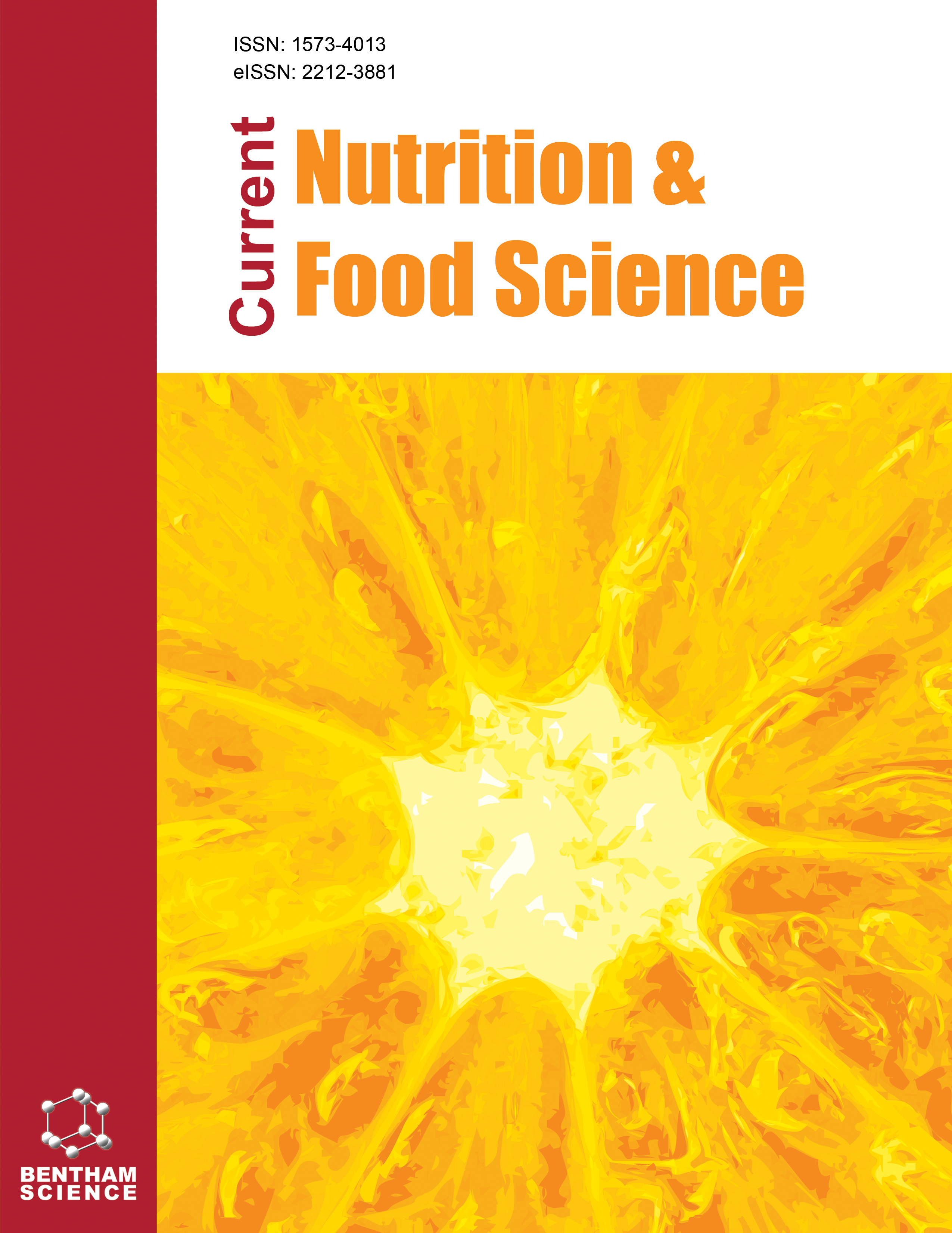-
s Tualang Honey and its Methanolic Fraction Improve LPS-induced Learning and Memory Impairment in Male Rats: Comparison with Memantine
- Source: Current Nutrition & Food Science, Volume 16, Issue 3, Apr 2020, p. 333 - 342
-
- 01 Apr 2020
Abstract
Background: Tualang honey (TH) has been shown to exert beneficial effects on learning and memory function in various animal models. However, its learning and memory effects in lipopolysaccharide (LPS) rat model have not been elucidated. Objective: The present study aimed to investigate the cognitive-enhancing effects of TH and its methanolic fraction in comparison to the clinically approved N-methyl-D-aspartate (NMDA) receptor antagonist (memantine) using LPS rat model. Methods: A total of ninety male Sprague Dawley rats were divided into 5 groups: (i) control, (ii) untreated LPS (iii) LPS treated with 200 mg/kg TH, (iv) LPS treated with 150 mg/kg methanol fraction of TH (MTH) and (v) LPS treated with 10 mg/kg memantine. All treatments were administered intraperitoneally once daily for 14 days. Morris water maze (MWM) and novel object recognition (NOR) tests were performed to assess spatial and recognition memory function. Results: The present study confirmed that LPS significantly impairs spatial and recognition memory and alone treatment with TH or MTH improved spatial and recognition memory comparable to memantine. Conclusion: Both TH and its methanolic fraction improved spatial and recognition memory of LPS rat model comparable to memantine. Thus, TH and its methanolic fraction have potential preventivetherapeutic effects for neurodegenerative diseases involving neuroinflammation.


